5 Best Ways to Help Your Pet's Obesity
As pet owners, providing the best care for our furry companions is always a top priority. However, one growing concern is pet obesity, which affects millions of pets worldwide and can lead to severe health issues. Understanding the risks associated with obesity and how to help your pet maintain a healthy weight is crucial for their well-being. In this blog post, we will explore the best ways to manage and reduce pet obesity, ensuring a healthier and happier lifestyle for your beloved animal.
1. Assess Your Pet's Weight
The first step to combating pet obesity is to assess whether your pet is, in fact, overweight. Consult with your veterinarian at an animal hospital to determine your pet's ideal weight and use this as a benchmark. Regular weigh-ins and body condition scoring can help you monitor their progress and adapt their care plan as needed. Your vet will also guide you on how to set realistic goals and track your pet's journey to a healthier weight. Visiting
animal hospitals regularly allows for ongoing evaluations and adjustments to your pet’s care plan, helping to ensure that their weight is managed correctly. If you're uncertain about your pet's weight or body condition, a professional consultation is always the best place to start.
2. Tailor Their Diet
Diet plays a crucial role in managing pet obesity. High-quality, portion-controlled meals are essential to maintaining a healthy weight. Work with your veterinarian at an animal hospital to develop a diet plan that meets your pet's nutritional needs while promoting weight loss. Consider foods formulated specifically for weight management to help achieve better results. These diets are often lower in calories but still provide the essential nutrients your pet needs to stay healthy. A tailored diet also takes into account any specific health conditions your pet might have, such as food allergies or sensitivities. Your vet can provide you with the right guidance on how to adjust their food intake to achieve the healthiest outcome.
3. Implement an Exercise Routine
Exercise is one of the most effective ways to combat obesity in pets. Just like humans, regular physical activity helps burn calories and build muscle. Develop a consistent exercise routine that suits your pet's age, breed, and fitness level. Even daily walks or playtime can contribute significantly to your pet’s weight loss journey. Regular visits to an animal hospital for wellness check-ups will ensure your pet is fit enough for increased physical activity. Your vet can also provide insight into what kinds of exercises are best for your pet’s specific needs. For instance, certain breeds may require low-impact exercise to avoid injury, while others may thrive on more intense activities.
4. Monitor and Limit Treats
Treats are often a hidden contributor to pet obesity. It's essential to monitor their intake and opt for healthier options or create a reward system that incorporates non-food rewards. Be sure to discuss treat options with your veterinarian at an animal hospital, who can recommend healthy alternatives that align with your pet’s weight loss plan. For example, low-calorie treats or offering praise and playtime as rewards can encourage positive behavior without the added calories.
5. Be Aware of Obesity-Related Risks
Understanding the potential health risks associated with obesity is crucial for prevention. According to the Association for Pet Obesity Prevention, an estimated 50 million dogs are overweight or obese. Excess weight can lead to serious conditions such as diabetes, arthritis, and even a reduction in life expectancy. Being informed allows pet owners to take proactive steps to avoid these complications. As part of your pet’s obesity management plan, regular check-ups at an animal hospital can help detect early signs of obesity-related health issues. Early intervention can prevent or mitigate conditions like joint pain or diabetes, ensuring your pet lives a longer and healthier life.
Addressing your pet's obesity is an important part of ensuring their overall health and happiness. By assessing their weight, tailoring their diet, implementing an exercise routine, monitoring treats, and understanding obesity-related risks, you can take significant strides toward combating obesity. It's not just about extending your pet's life, but also about enhancing the quality of it. With dedication and care, you can help your pet lead a healthier and more fulfilling life.
If you’re looking to develop a comprehensive weight management plan for your pet, West Toledo Animal Hospital is here to help. Our expert veterinarians provide personalized guidance and support every step of the way. Contact us today to schedule an appointment and give your pet the care they deserves.
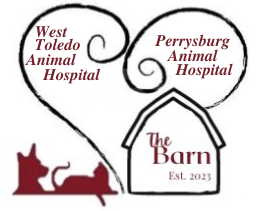
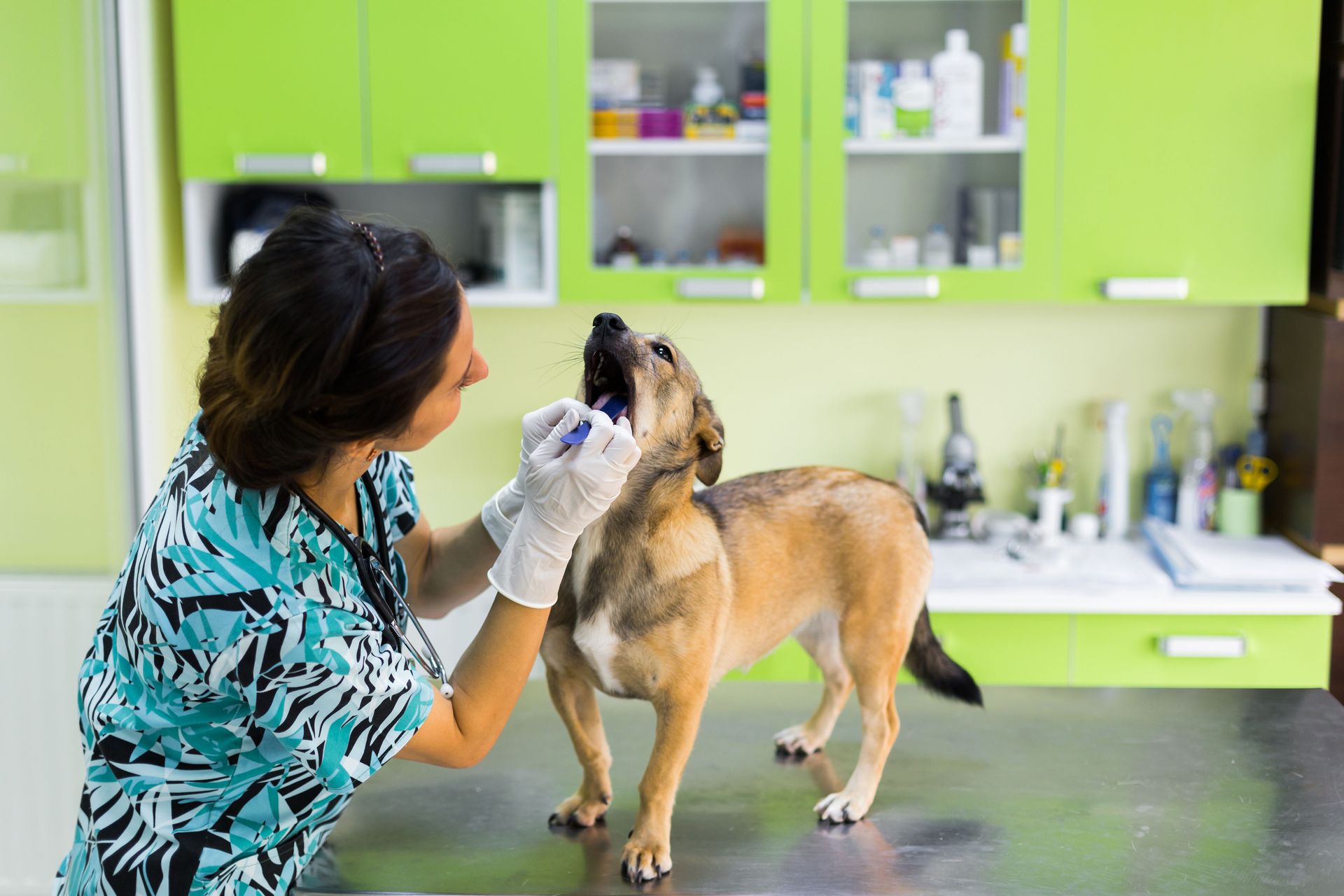

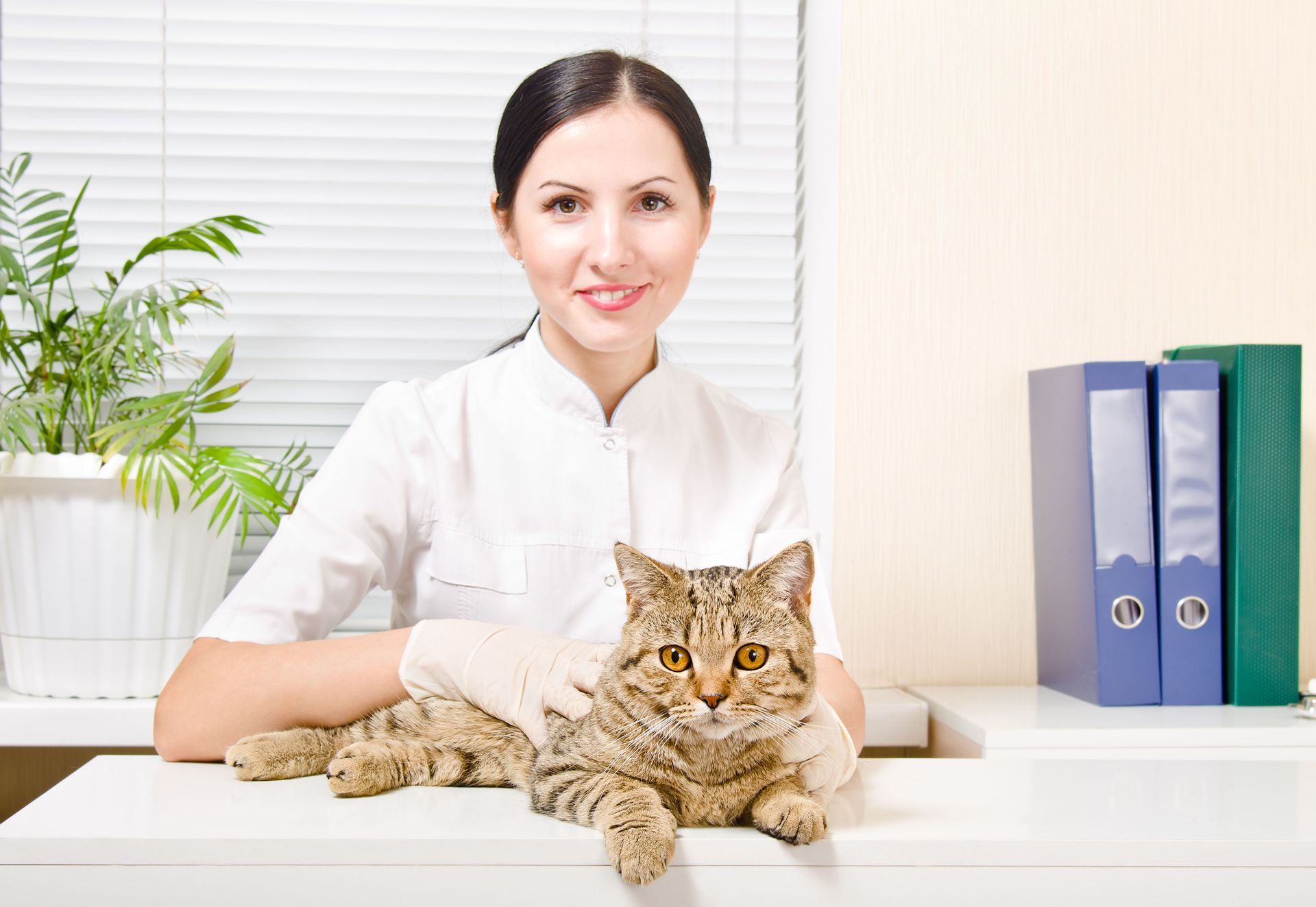
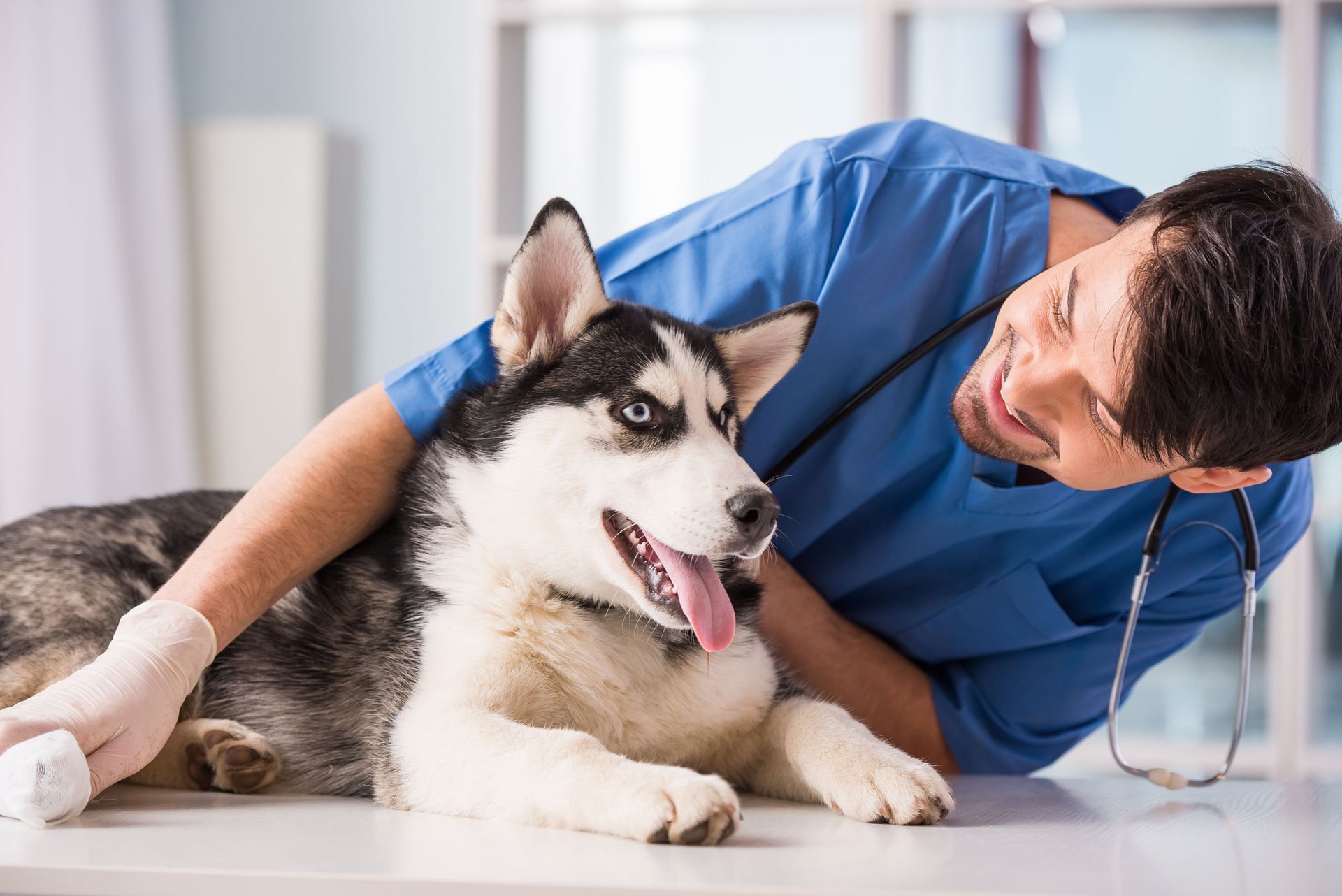

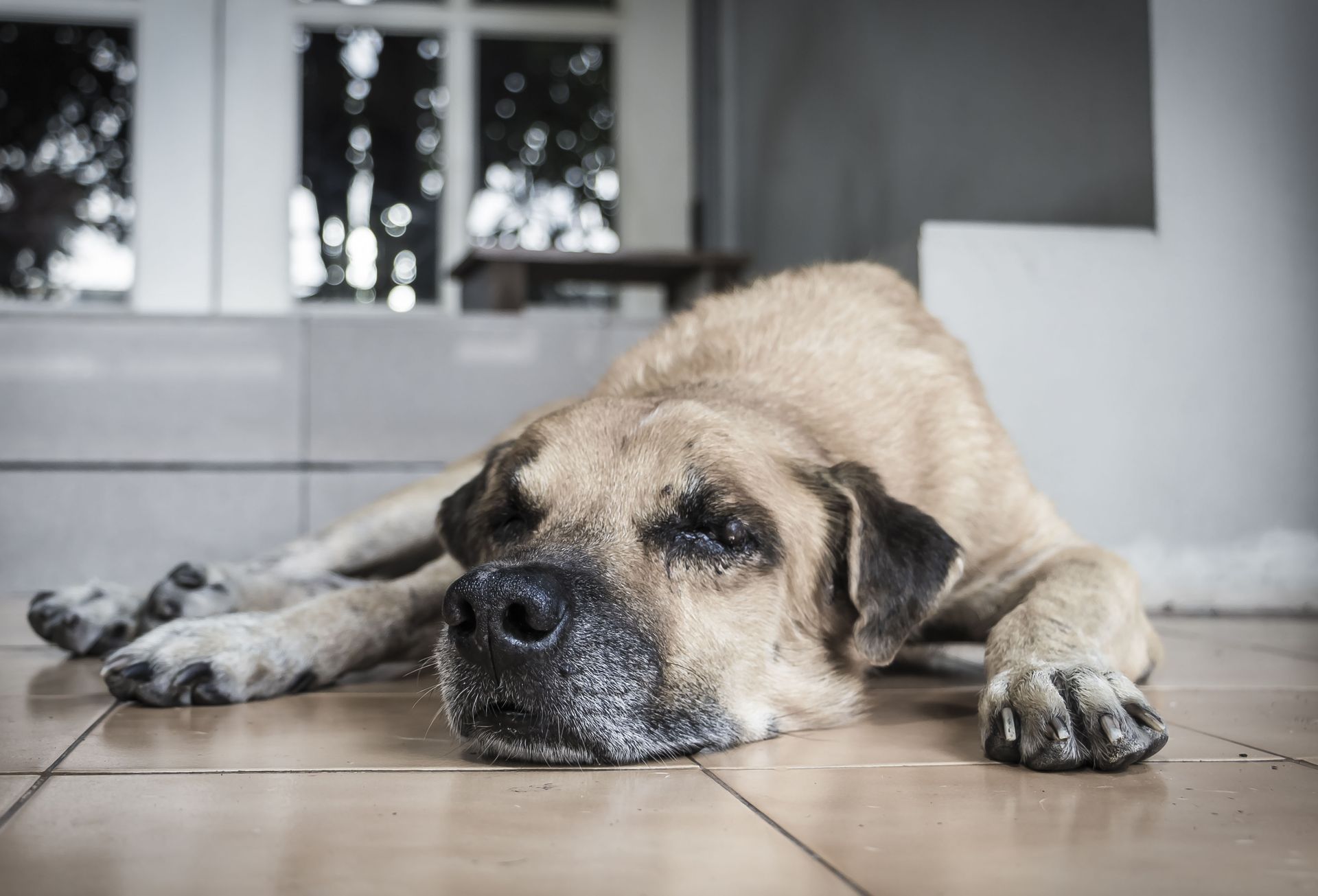

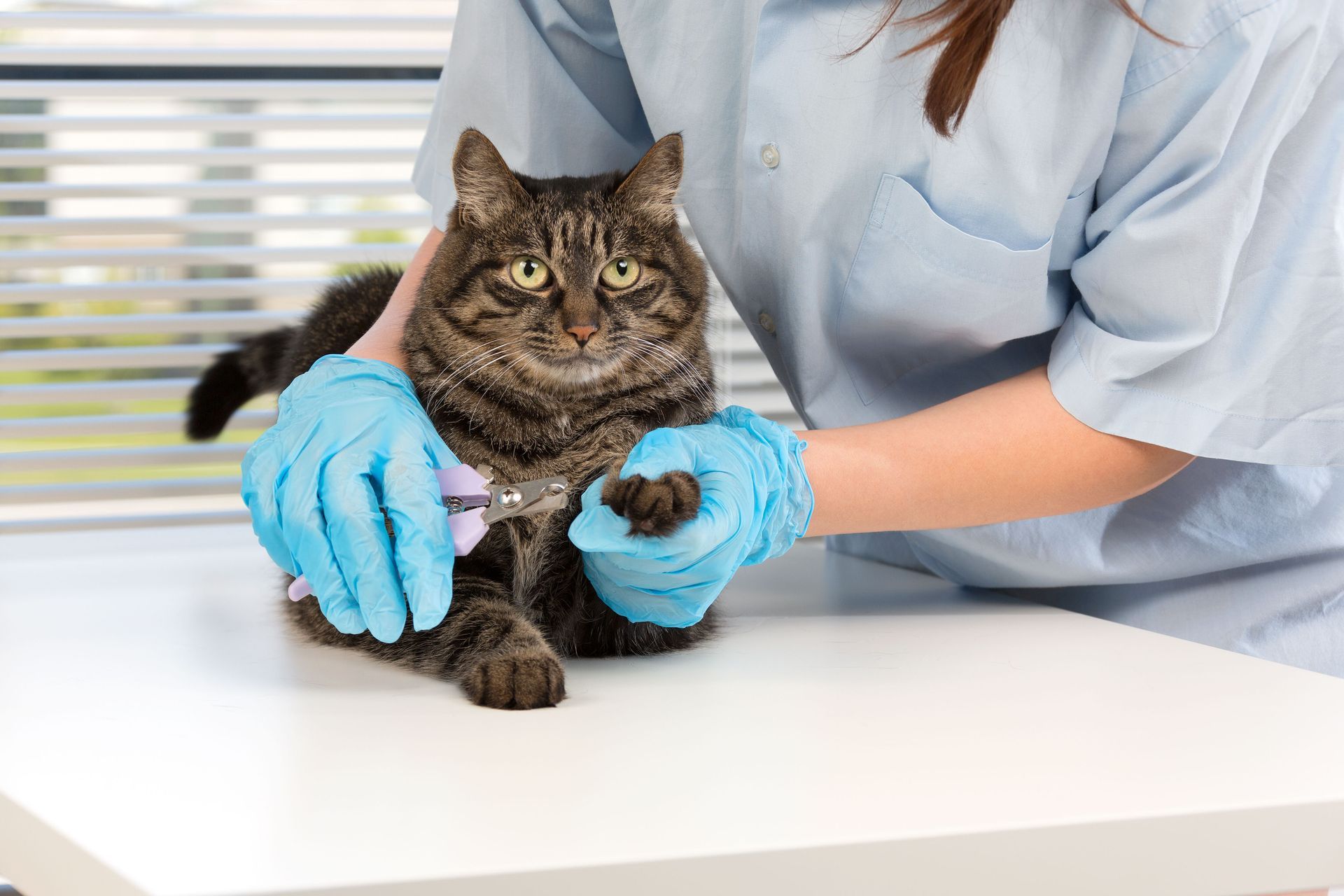
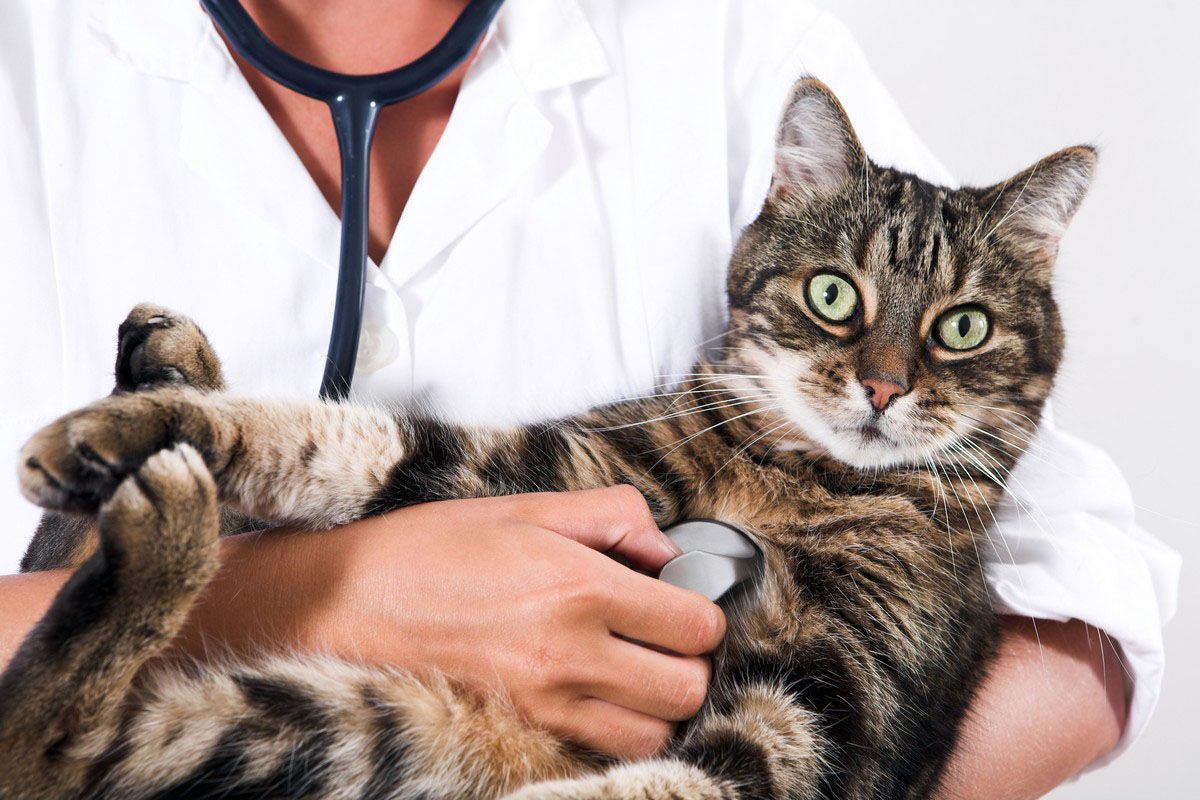



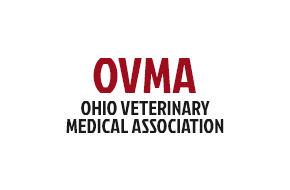
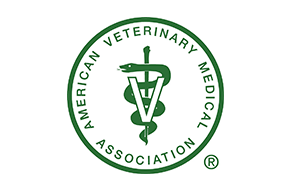
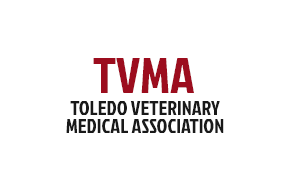

Share On: